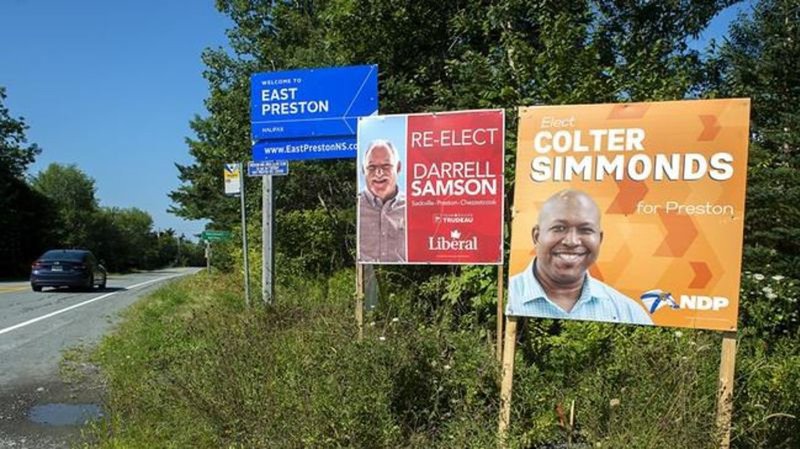
‘Their hearts are not in it.’ Liberals in Atlantic Canada accused of being unfocused
HALIFAX — At the start of the election campaign, the polls were suggesting Justin Trudeau’s Liberals could hold most of the 32 seats in Atlantic Canada after they won every riding in the region in 2015 and lost only six seats in 2019.
But political pundits in the region say the Liberal campaign is in trouble. They say Trudeau has failed to explain the need for a vote on Sept. 20, leaving the party unable to properly defend its East Coast fortress.
“It’s almost as if Justin Trudeau himself is trying to figure out why we’re in an election campaign,” Tom Urbaniak, a political science professor at Cape Breton University in Sydney, N.S., said in a recent interview. “I’m starting to get the sense that the Liberals are realizing they may be vulnerable, at least in certain seats.”
Don Desserud, a political science professor at the University of Prince Edward Island, says the Liberal campaign is unfocused.
